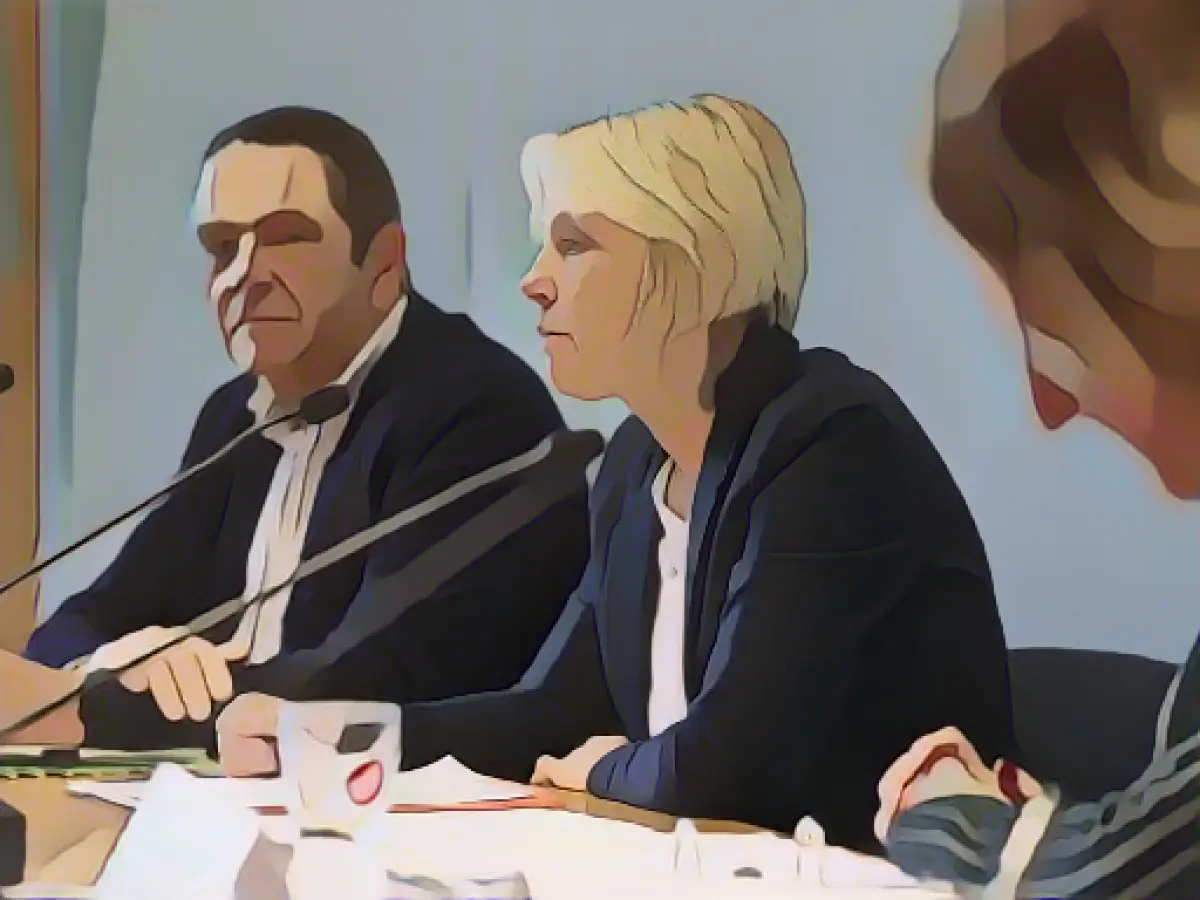Refugee Council criticizes conditions in state accommodations
The NRW Refugee Council and independent welfare organizations have criticized the conditions in which refugees are housed in state accommodation. "There is overcrowding, unrest and fear," said Birgit Naujoks, Managing Director of the NRW Refugee Council, in Düsseldorf on Wednesday. There is also an increase in deportations from these "places of arrival".
In NRW, the more than 30,000 places in the state's 48 collective accommodation centers are fully occupied. Most of these are large facilities with more than 400 places. The accommodation in the state's emergency shelters is particularly physically and mentally stressful for people and leads to frustration for many.
According to the associations, the initial reception center in Mönchengladbach accommodates almost 1,800 people, in Soest more than 1,300 and in the emergency shelter in Castrop-Rauxel more than 900.
Some of the people were living in rooms with eight people, on camp beds, in halls with partition walls and without a safe place to retreat to. Eva van Keuk from the Psychosocial Centre for Refugees in Düsseldorf also criticized the fact that living in such accommodation for many months makes people seeking protection "weary, powerless and ill".
The associations called on the state government to house refugees in smaller accommodations and only for a few weeks. In addition, they should be given sufficient opportunities for orientation, education and asylum procedures.
The length of stay in the state accommodation facilities is set by law at up to 24 months. However, the reduction of the accommodation period to six months agreed in the coalition agreement of the black-green NRW state government is not in sight, said Naujoks.
According to information from the NRW Refugee Ministry in August, the length of stay in the state's central accommodation facilities and emergency shelters is generally between three and 16 months. In individual cases, it could be up to 24 months.
The call from the Refugee Council and welfare organizations includes housing refugees in smaller accommodations for a limited time, as living in overcrowded state facilities for extended periods contributes to feelings of exhaustion, powerlessness, and ill health among refugees. Despite the legal maximum stay of up to 24 months, many refugees reside in these accommodations for between three and 16 months, with some staying for up to 24 months, resulting in a high number of migrants seeking asylum living in challenging conditions.
Source: www.dpa.com








